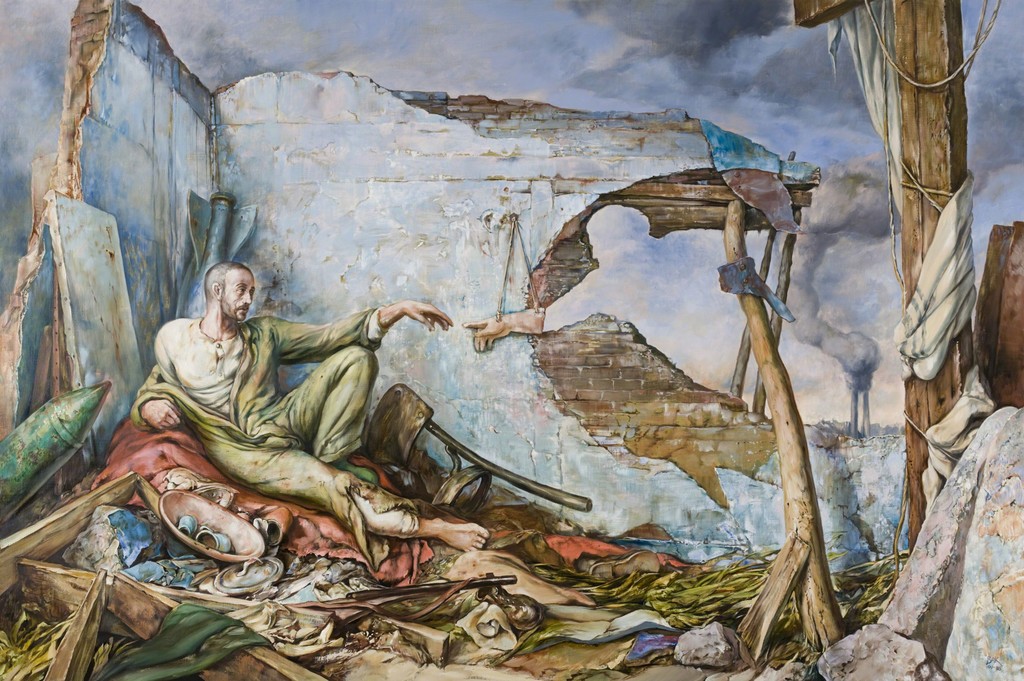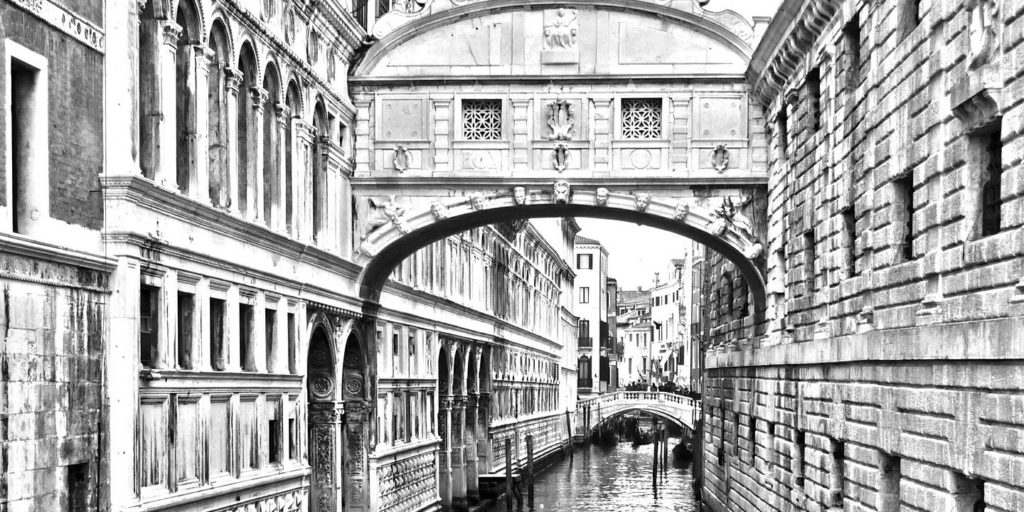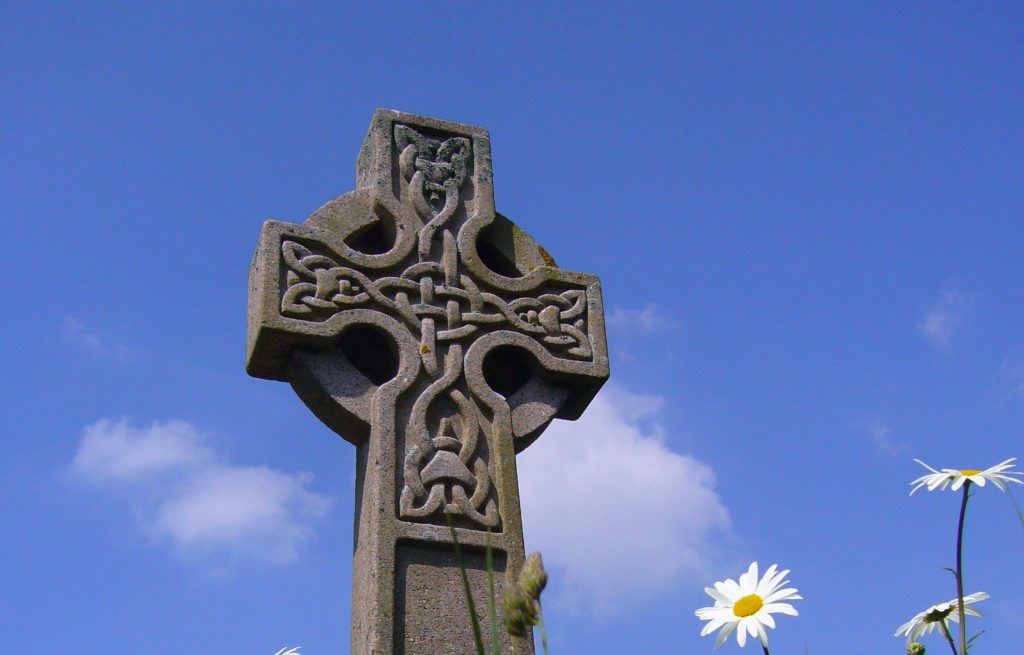Emmanuel Levinas (1905-95) is the kind of philosopher that you hear about, but you don’t read. First off, there are already too many philosophers to contend with anyway (and why are your friends always discovering new ones? how can they be so busy, your friends, that they’ve always read one more philosopher than you?). Secondly, it’s easy to pigeonhole Levinas as one of the less strident voices amongst that mob of philosophers that strode out of France post-war, smoking unfiltered cigarettes and talking gibberish. And G-d knows, no one has the time to read all of them.
When it came to getting famous, Emmanuel Levinas made two mistakes. Firstly, unlike the rest of the Rive Gauche Smoking Club, he didn’t write chunky, impenetrable texts. He wrote small ones. Small books aren’t the kind of books that an undergraduate can boast about. Secondly, his ideas weren’t ‘best-sellers.’ While Sartre was encouraging young people to make their own choices, and Derrida was trying to ‘deconstruct’ every which thing, Levinas’ big idea was that we have an infinite moral responsibility towards people. This comes across in all his work, but particularly his Talmudic Readings, which are easier to read because everything is illustrated with examples from the Old Testament. Discussing the moment in Genesis where G-d holds a mountain over Israel, encouraging the Jews to ‘choose’ between the Torah and death, Levinas presents this as the same ‘choice’ that we have regarding our responsibility towards other people: there is no choice, the philosopher says. There is collective responsibility, or collective death.
Maybe Levinas was so different from Derrida and Sartre because he was profoundly religious. Or maybe it was because, unlike most other ‘French thinkers,’ Levinas wasn’t actually French. He was a Litvak, a Lithuanian Jew, born in Kaunas – then a minor industrial town on the western fringes of the Russian Empire. I decided to pay a visit to his home town to find out more about the religious background in which he was raised – partly out of genuine interest, partly because my partner wanted to go on holiday to Lithuania anyway, and I could wrangle some money out of my university if I billed it as ‘Levinas Research.’
That was how we found ourselves flying into Vilnius. The problem – since the purpose of the trip was to discover what it meant to be a Litvak in the early twentieth century – lay in the difficulty of securing a Jewish ‘in.’ The Chabadi Rabbis didn’t reply to our e-mails, nor the Jewish Community Centre our Facebook friend requests. We only had three days in the city. On the first, we found our way to what was marked on our map as the Great Synagogue of Vilnius: oddly, all we saw was a Soviet era building, a half-full car park, a clump of silver birches. A quick google search revealed that it hadn’t existed since the war.
On the second day, after a little while spent standing outside Vilnius’ only extant synagogue, the Choral Synagogue, a robust old woman, possessing only scraps of English, emerged from the first of two security gates and told us to go home. Our next stop, the Jewish museum – though very pleasant, with some delightful paintings by another Francophied Litvak, Samuel Bak – likewise gave us no leads.
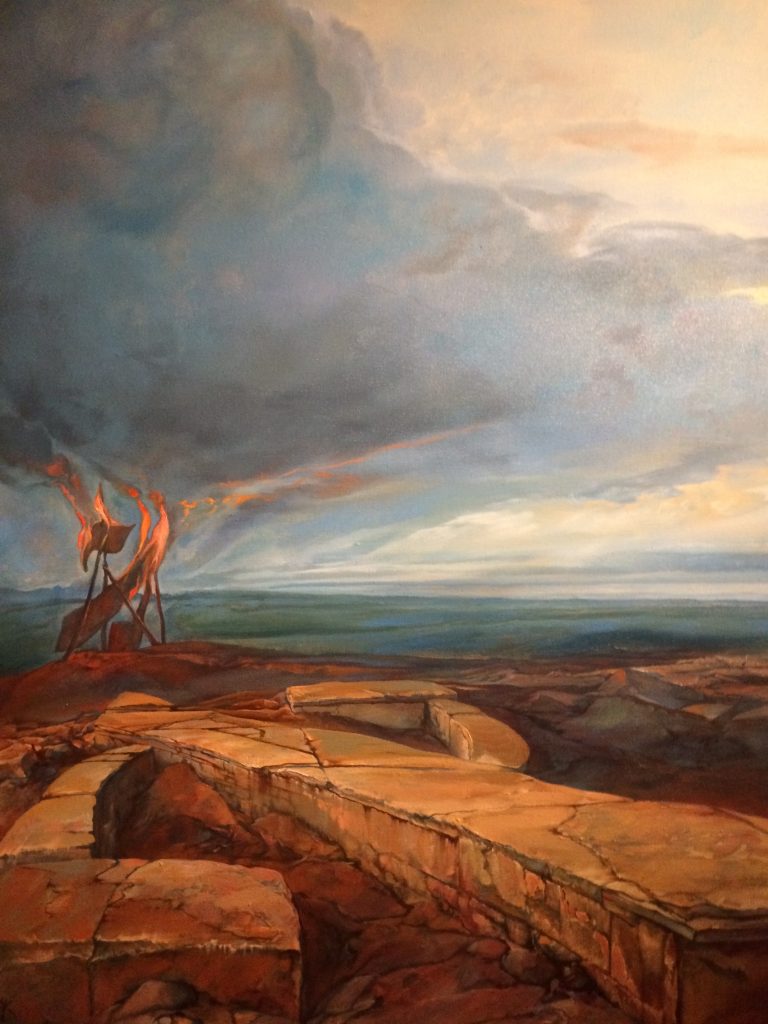
In fact, aside from another (or possibly the same) robust old woman on the desk, it was completely empty. We left, knowing that nothing had been achieved, and it seemed that going to Kaunas the next day would be equally fruitless. We fought the cold on our way back to our accommodation and stumbled past a very tall building, lit up in the darkness by an electrified two Stars of David. Inside? A small shop selling bagels.
‘Are you really going to just ask him?’ said my partner.
‘Yes.’
It did not go down well. The chap behind the counter was sweet, but for a long time he didn’t understand what we’d come in for. When he did, he was bemused – how was he supposed to get in contact with this guy, Levinas? Especially when he’d never even been to Kaunas. As we muddled through, a queue formed against the counter. When finally we turned to leave, thoroughly embarrassed, a black haired woman jumped out of the queue, speaking English at an alarming velocity. Levinas? Did we want Levinas? We were going to have to be more specific – it was a common surname. Oh, he was in Kaunas, was he? These boys – she pointed to two very big Israelis – they were studying medicine in Kaunas, and they could probably sort us out with something, couldn’t they, boys? The Israelis seemed indifferent. After a few moments, she had whipped out her laptop, figured out we were talking about a philosopher (dead), located his Facebook page, and called up the national expert and head of the Emmanuel Levinas Centre, who agreed to give us a Kaunas walking tour the next day. She was surprised that we were surprised. ‘Oh, everybody knows each other in Lithuania. It’s a very small community.’ When we left the shop to get dinner with this lady, we found that we didn’t have to pay for our cakes and teas. The Israelis had bought them for us and left, silently.
After a bewildering evening spent helping her choose between various wedding photographers for her upcoming nuptials, we said goodbye to our Lithuanian friend. Back in our rented room, I felt that since this chap was willing to give up his time at short notice to talk to us, I had better actually read some Levinas. I spent the night with my laptop on my knees, sitting on the toilet, dutifully dividing my time: half of it was spent speed-reading Levinas, the other half wondering how I came to be speed-reading Levinas in the middle of the night, on a cold toilet in Lithuania.
As I read, it became clearer and clearer that one of Levinas’ defining qualities was his humility. Every lecture begins with a paragraph where the philosopher airs his genuine embarrassment over speaking on the Talmud, when he knows he is not the best Talmudic scholar in the room. This despite the fact that from 1946-61, Levinas was the full-time Director of a French school for Jewish education. (I learned later that a friend’s grandmother was actually taught by Levinas. She remembers him as a mild-mannered, gentle individual, and completely refuses to believe he moonlighted as an epoch-making philosopher: ‘Levinas? Really?’)
I also stumbled across what seemed to me to be a contradiction in his thought. While on the one hand, Levinas believed in the project of the Jewish Diaspora, referring to the holy texts as the real Jewish ‘soil’ where they might find home, on the other, he was a Zionist. Commenting on the first Jewish quest for the Holy Land, Levinas suggests that the moral failing of the spies that Moses sent ahead of him (in Numbers 13:1-33) was probably their excessive concern for the original inhabitants of Canaan, whom they did not wish for Israel to supplant and replace. He ties this example explicitly with the concerns of the day. Why did Levinas maintain a faith in European Jewry, whilst simultaneously suggesting the Zionism was the sanctified option, even in its ugliest aspect? This was just one of the questions I could raise the following day. That is, if we ran into any awkward silences.
Very soon into our meeting it became apparent that this was not going to be a problem. Victoras spoke very quickly, almost nervously; he filled all gaps in the space. It seemed as if was used to people knowing nothing about Levinas. He opened by giving us the philosopher’s life story. Born in Kaunas, a place where, in Levinas’ words ‘to be Jewish was as natural as having eyes and ears’, the family retreated to what is now Ukraine in 1916, most likely because the Russian High Command did not trust any Jewish families living close to the front lines. Levinas returned to Kaunas a little after the Revolution and stayed for a few years, before securing a place in Strasbourg University for a BA. It was there he made an unlikely lifelong friend, in the form of Maurice Blanchot. A lucky friend too, since it was Blanchot who hid Levinas’ wife and daughter from the Nazis. Levinas himself only survived because in 1939 he enlisted in the officer corps of the French army, thanks to his ability to translate. He spent the war in a POW camp, after his unit was surrounded in France.
‘Levinas spoke at least five languages with exceptional fluency,’ Victoras said. ‘Hebrew to read the Torah and Yiddish so he could argue about it! Russian because that was the language of the Empire in which he was born, German for the philosophers, and French because that was where he happened to live.’
It was only aged fifty-five that Levinas began lecturing in philosophy – and only then because another friend, Jean Wahl, had pushed him that way.
‘Levinas was always writing in a fourth language. He was probably a little unsure of himself. After all, he wasn’t a Parisian. He was a Litvak. He came from the middle of nowhere.’
We walked outside. The main street in Kaunas is a very long boulevard, and at one end there’s an ostentatious white cathedral, like a Lithuanian Taj Mahal. Opposite our coffee shop, stood one of the many nondescript nineties buildings that littered this street – I can’t remember if it was phone shop or a bank. Victoras pointed at it.
‘When I moved to Kaunas in ’89, that was still a communist bookshop. After the USSR fell, they tore it down. Now, we think – though it’s not been proven – that it was the bookshop of the Levinas family, where Emmanuel would have grown up. It’s not certain where exactly it was because the addresses from those days were done in a loose, zoning grid system.’
We walked down an empty alleyway, one block over.
‘For some years, I was fighting to get this street named after Levinas, but you know the kind of idiots you find on a town council.’
At the end of the alleyway, there was a tiny plaque in French and, higher still, another in Lithuanian. They were mounted on an unpretentious white building.
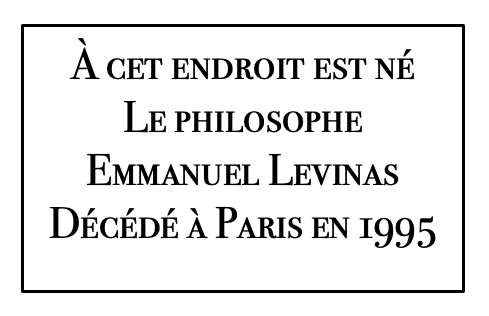
By now it was half past three. What little light there had been was quickly fading.
‘Lithuanians don’t care about Levinas. Of course they don’t. No one cares, even though, after he settled in France, he still came back every summer. He even married a woman from Kaunas – his childhood sweetheart. In the twenties, his family home moved. I’ll take you to where he would have visited.’
It was scarcely far enough to be considered a move at all. We crossed the main boulevard again, then down a slightly wider street, and for a moment you could almost picture Levinas’ father, his mother and siblings, transporting their belongings by dogcart. In the same streets as we were walking now, less than a hundred years before. Off this second, wider street, Victoras took us into a half-full car park, with one or two scruffy beech trees. A group of men were smoking at the far end.
‘Although we can’t know for certain because of the zoning grids, the Levinas family would have lived somewhere here, maybe in that building. According to all accounts, they were shot right outside their home, so that would mean they were shot about here.’
This time, there was no plaque or description. No plaque anywhere in Kaunas for the rest of the Jews either, whose bodies would have fallen under archways and slumped against doors, in nearly every road of the city. As Victoras explained, before World War 2 a full third of Kaunas’ population was Jewish. In Vilnius it was the same – in the town centre alone there were over a hundred synagogues. We saw no plaques in Vilnius either, to mark their passing. Outside what was perhaps the Levinas’ last address, uncertain of what else to do, I snapped a photo with my iPhone.

‘Did he ever come here after the war?’
‘No. None of his family survived. Besides, it was a communist country then. For someone with his political opinions, it would have been difficult to secure a visa. Sartre came here though, with Beauvoir, during one of their state-sponsored tours of the Soviet Union and I always wonder if he asked them, you know, what they saw.’
We continued heading north, until we got to an abandoned park.
‘After battling for years, in the end I had a friend who worked for the new mayor and we got this place named Levinas Square.’
There was no street sign. On the left, a ghostly Soviet funicular disappeared into the gloom.
‘Sartre and Beauvoir had a photo snapped in there, for propaganda purposes.’
At the other end of the street, just about visible to the naked eye, though not through the camera lens, stood a square, white building.

‘That? Oh, that’s the Emmanuel Levinas Centre in Kaunas. I mean, it was.’
‘It no longer exists?’
‘No. No funding.’
With that, the tour was over.
We walked back through Kaunas. By now it was completely dark and seriously cold. Hard to imagine, as we walked over the newly tarmacked streets, the kind of life that had gone on here before. Yet it was once a centre of Jewish civilisation, a civilisation rooted to some kind of ‘soil’ and to one notion of home. To Ashkenazis who escaped, it would have felt as if all of this history had vanished overnight. In the cities of Eastern Europe today, there are still precious few stones or plaques to mark its trace.
To be a Litvak after the Holocaust, what did that mean? Fear, I would imagine – fear and memories. It was a little easier to understand now, as we walked home through the dark streets, why Levinas felt Zionism to be a necessity – and why he felt he needed to uphold European Jewry too. Perhaps both were duties bequeathed to him by the deceased. I was reminded of his words: the Shoah was ‘a call to man’s infinite responsibility, to an unending wakefulness, to total insomnia.’
Our flight home was scheduled late in the evening, and then it was delayed. Once we took off, lulled by the engines’ moan, my partner and I were soon fast asleep.
Adam Husain is a student of Modern Languages at Oxford University.

